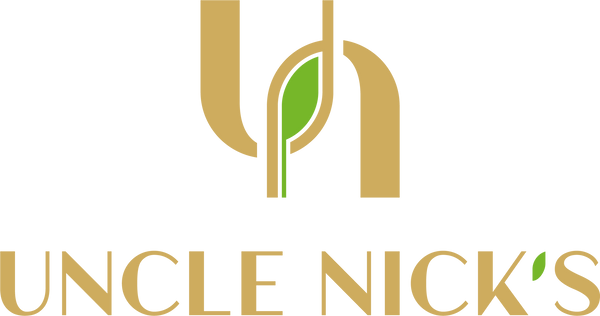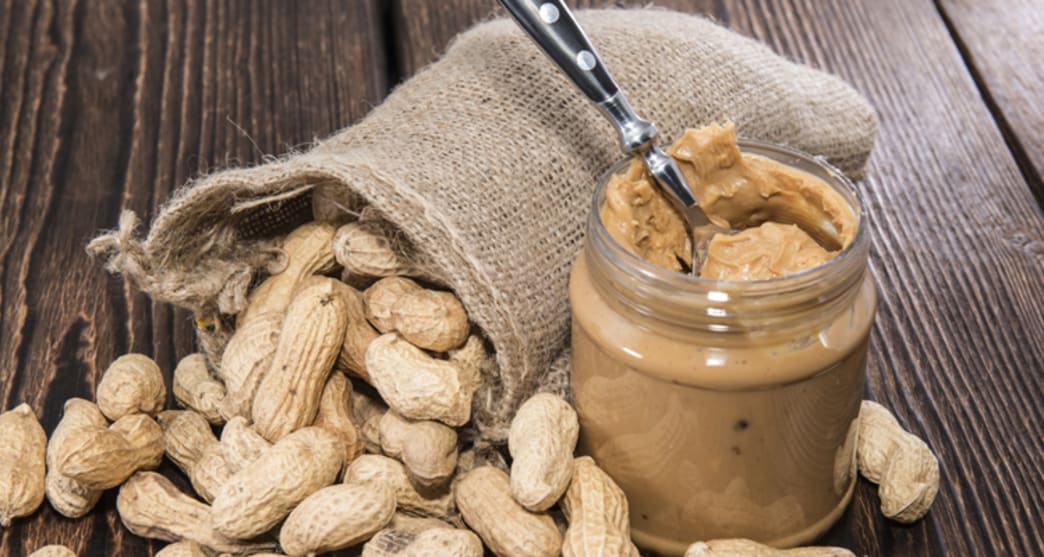A muscle-building diet doesn’t have to revolve around boiled chicken breasts.
The moment you begin any kind of exercise kick you’ll be told to up your protein intake. Protein is the fuel that repairs and builds muscles after a workout, so if you’re hitting the gym it makes sense to eat more of it.
The popular conception of protein tends towards meat and vast tubs of protein powder. Plain chicken breasts washed down with a protein shake is about as appetizing as it sounds. However, protein is actually present in decent amounts in a far wider range of foods than you might expect, as any hench vegetarian (henchetarian, if you will) can attest.
Whether you’ve sworn off meat or are just looking to vary your protein sources (and you should be), here are 21 sources of protein suitable for vegetarians.
The 21 Best Vegetarian Sources of Protein
In order of highest amount of protein per 100g:
- Parmesan 32g
- Pumpkin seeds 30g
- Peanuts 25-28g
- Edam 27g
- Cheddar 25g
- Seitan 25g
- Stilton 24g
- Almonds 21g
- Pistachios 20g
- Tempeh 20g
- Cashew nuts 18g
- Mozzarella 18g
- Chia seeds 17g
- Walnuts 15-17g
- Quorn 14.5g
- Brazil nuts 14g
- Edamame 13g
- Eggs 13g
- Tofu 12g
- Cottage cheese 10g
- Greek yogurt 10g
Let's dive into each protein source a little more.
Meat Replacements
Seitan
Protein content: 25g
Wheat gluten is the key ingredient in this protein-packed meat alternative, which has a chewier texture than the likes of tempeh and tofu. It’s not the easiest food to find and the protein content does tend to vary a fair bit from product to product, so check the label carefully.
Tempeh
Protein content: 20g
Indonesian staple tempeh is a soy-based meat alternative like tofu, but outdoes the latter on several nutritional fronts since it contains more protein, fibre and vitamins.
Quorn mince
Protein content: 14.5g
Quorn products dominate the meat-free aisles of supermarkets, making it one of the most convenient high-protein veggie foods to incorporate into your cooking.
Tofu
Protein content: 12g
While tempeh does have a slight edge on tofu in the protein stakes, tofu hits back by being far easier to find in shops.
Eggs And Dairy
Parmesan
Protein content: 32g
When it comes to protein per 100g, parmesan is one of the best foods out there full stop. It’s probably not wise to eat 100g of the fatty cheese in a sitting, but a sprinkle of the stuff on your pasta will nudge the protein count of your dinner up.
Edam
Protein content: 27g
The Netherlands’ most famous cheese (you heard us, Gouda) is a protein-packed delight. Once again, and this is going to be a theme with cheeses, it’s also fatty and salty as heck.
Cheddar
Protein content: 25g
Should imported cheeses become extortionately expensive after March 2019, rest assured that Britain’s greatest cheese is also a quality source of protein.
Stilton
Protein content: 24g
Bring on the cheese course – it’s probably the tastiest way to up your protein intake.
Mozzarella
Protein content: 18g
Do: slice some mozzarella into a healthy tomato and basil salad. Don’t: eat loads of pizza claiming you need the protein.
Eggs
Protein content: 13g
The king of breakfast protein sources. Boiled, scrambled, sunny side up… however you like them, eggs are a top-shelf way to start the day.
Cottage cheese
Protein content: 10g
A common sight in the protein connoisseur’s shopping basket, cottage cheese is a relatively low-fat dairy option and you can even find versions of the stuff with added protein.
Greek yogurt
Protein content: 10g
Greek, NOT Greek style. Remember that, because it’s the truly Greek stuff that has the highest protein content.
Nuts, Seeds And Legumes
Pumpkin seeds
Protein content: 30g
Next time you scoop out the insides of a pumpkin to make a jack-o’-lantern (and that should be at Halloween, doing it at any other time is odd) make sure you save the seeds to roast for a simple high-protein snack.
Peanuts
Protein content: 25-28g
Forget all the trendy nuts out there, because ’tis the humble peanut that packs in the most protein. Do try and avoid the roasted and salted varieties though, if it’s a healthy snack you’re seeking.
Almonds
Protein content: 21g
A snack endorsed by Barack Obama, no less, almonds are a good source of vitamin E as well as protein.
Pistachios
Protein content: 20g
If there’s a more moreish snack out there than salty pistachios, it would probably be dangerous to know about it. As with all nuts, the roasted, salted varieties are the less healthy pick, even if they are oh so delicious.
Cashew nuts
Protein content: 18g
Another first-rate nut that brings bags of flavour to the table alongside its high protein content.
Chia seeds
Protein content: 17g
High in protein, fibre, and minerals like calcium and magnesium, chia’s on-trend status is backed up by some rock-solid nutritionals.
Walnuts
Protein content: 15-17g
A tough nut to crack, but get through a walnut’s shell and you’ll find a great source of protein, fibre and unsaturated fats inside.
Brazil nuts
Protein content: 14g
Selenium is an essential mineral that’s generally found in meat and fish, so vegetarians and vegans will be pleased to learn that brazil nuts are a great plant-based source of the stuff.
Edamame beans
Protein content: 13g
A plate of edamame beans and a bowl of soy sauce is one of the greatest food combos there is. As well as protein and deliciousness, edamame beans also bring high amounts of fibre and a variety of vitamins and minerals to the table.
Written by Nick Harris-Fry for Coach and legally licensed through the Matcha publisher network. Please direct all licensing questions to legal@getmatcha.com.

